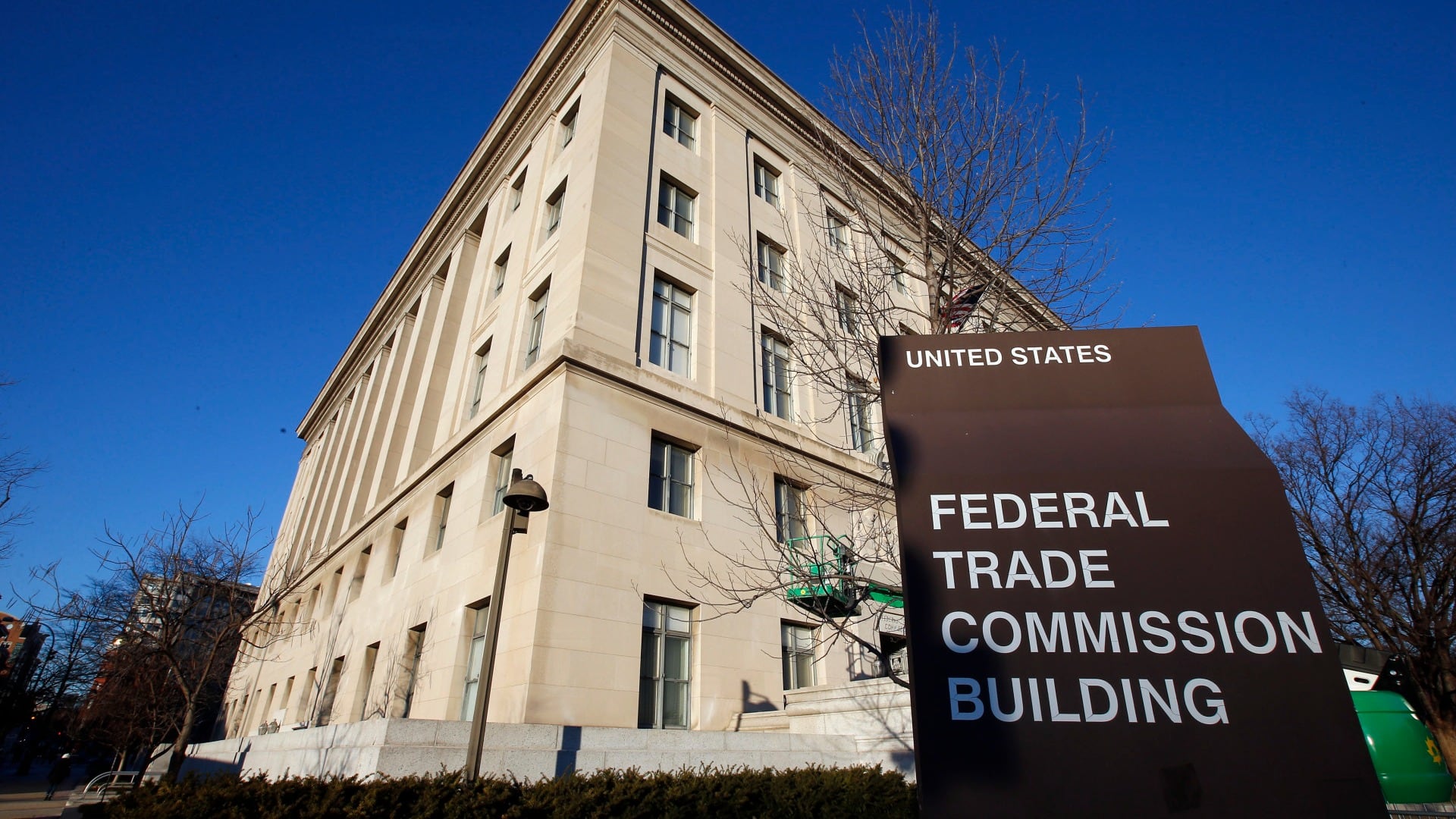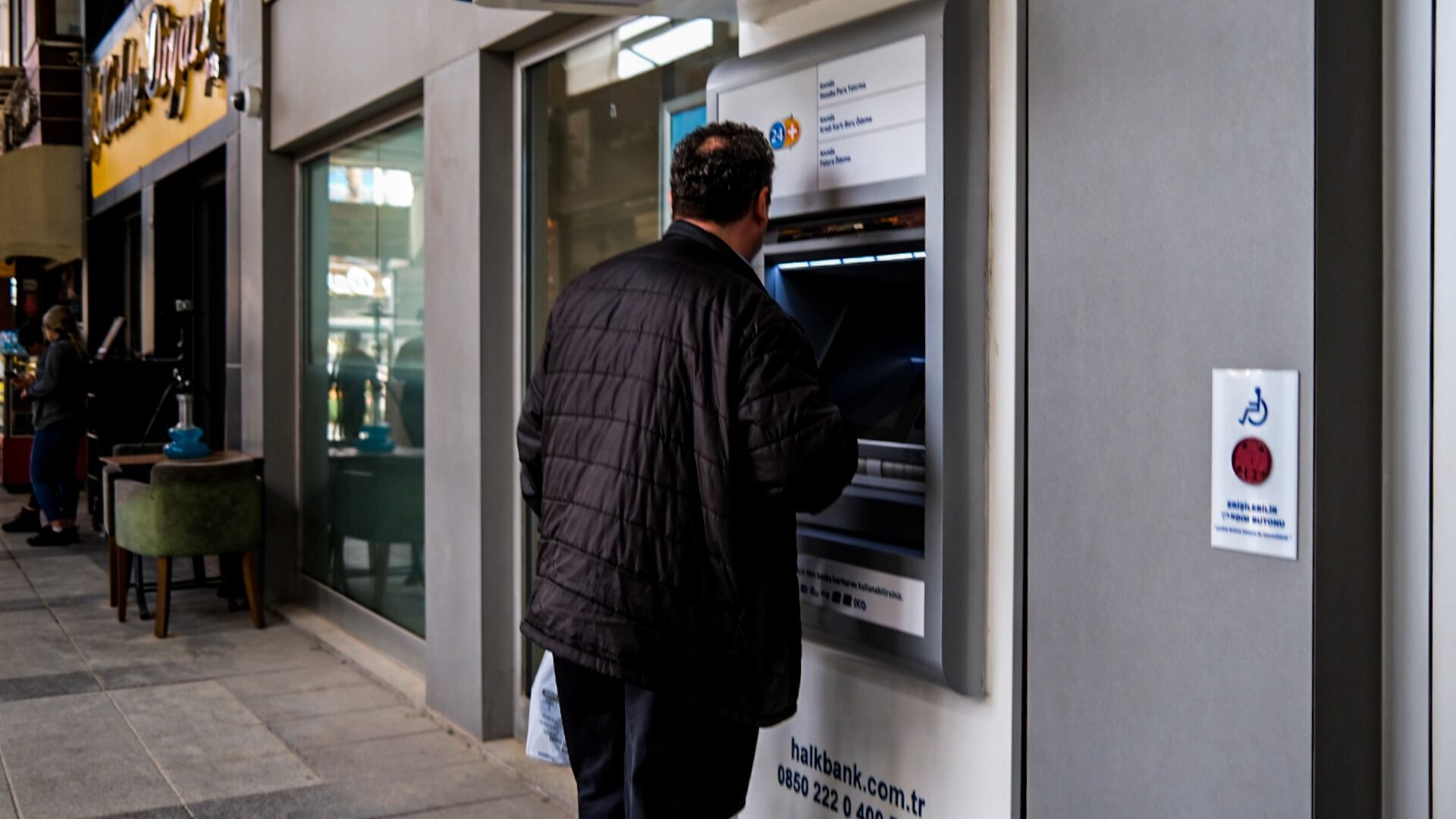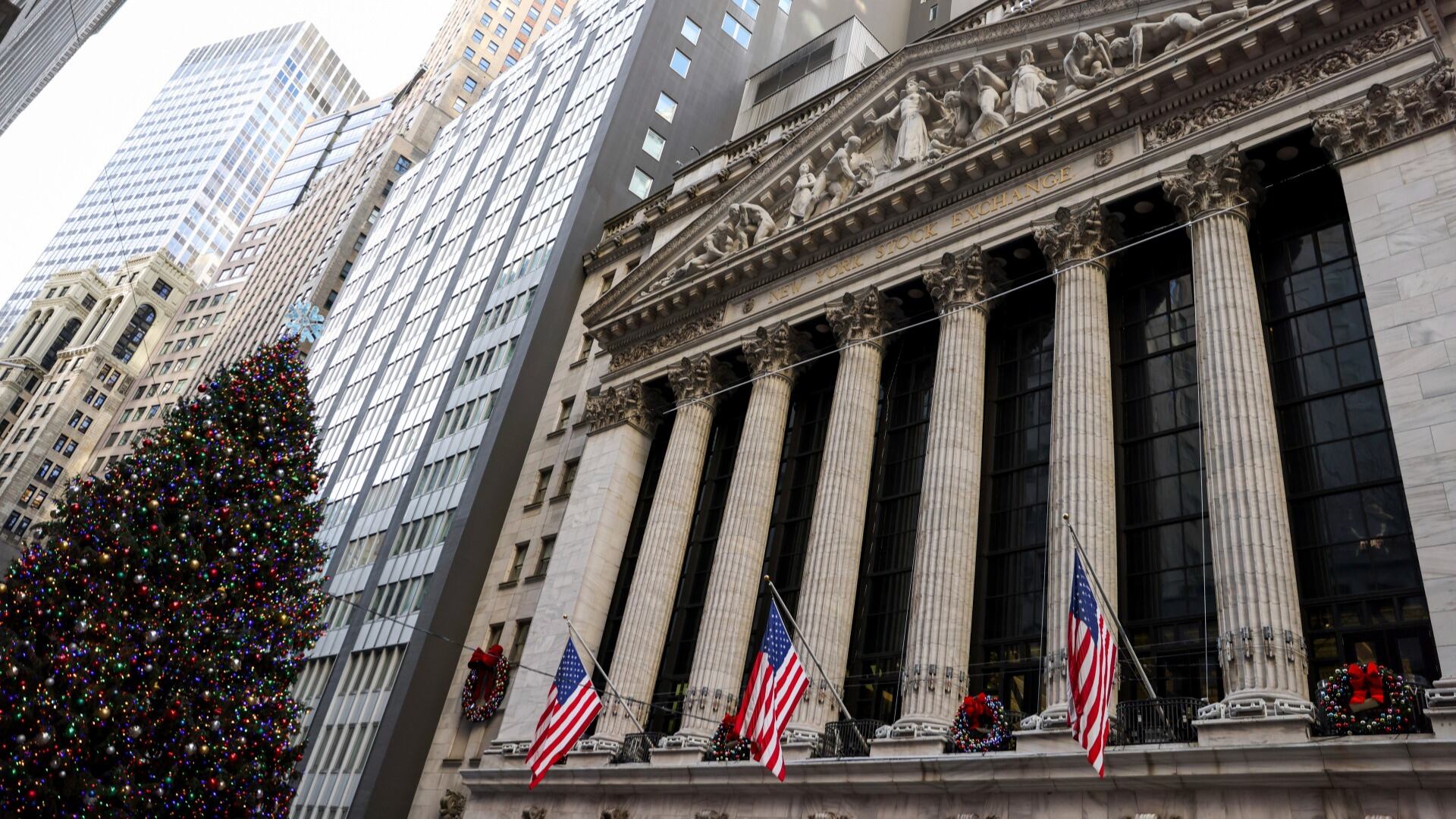By Damian J. Troise and Alex Veiga
Stocks closed lower on Wall Street Monday as the U.S. moved to close its embassy in Ukraine amid heightened geopolitical tensions over the thousands of Russian troops that have been amassing on the border. The S&P 500 fell 0.4% after having been down as much as 1.2%. Financial, health care and energy companies were among the biggest weights dragging the market lower. The broader market took a sharp turn lower Friday after the White House warned that Russia could invade Ukraine soon. European markets fell sharply and crude oil prices rose. The yield on the 10-year note rose to 2%.
THIS IS A BREAKING NEWS UPDATE. AP’s earlier story follows below.
Stocks on Wall Street fell in afternoon trading Monday as the U.S. moved to close its embassy in Ukraine amid heightened geopolitical tensions over the thousands of Russian troops that have been amassing on the border.
The S&P 500 fell 0.3% as of 3:35 p.m. Eastern, paring a large swath of its losses from earlier in the afternoon, when the U.S. said it is closing its embassy in Ukraine and moving all remaining staffers there to a city near the Polish border. The move comes as diplomatic efforts continued Monday in a bid to head off what U.S. officials have warned could be an imminent Russian attack on Ukraine.
The Dow Jones Industrial Average fell 155 points, or 0.4%, to 34,592. It had been down 433 points. The Nasdaq also bounced back from a midafternoon slide and was up 0.2%. Smaller company stocks, which had been on pace for gains, fell. The Russell 2000 slid 0.4%
Financial, health care and energy stocks were among the biggest weights dragging the market lower. JPMorgan fell 1%, Moderna slid 11.2% and Exxon Mobil dropped 1.9%.
Bond yields rose. The yield on the 10-year Treasury rose to 1.99% from 1.94% late Friday.
The market slide adds to losses from a late-afternoon sell-off on Friday after the White House told Americans to leave Ukraine within 48 hours over concerns that Russia could invade that country soon. Other governments including Russia pulled diplomats and their citizens out of the country.
Nations are still searching for a diplomatic solution to the situation and Russia’s top diplomat advised Russian President Vladimir Putin to continue a dialogue with the U.S. and its allies. A potential escalation of the conflict between Russia and Ukraine weighed heavily on European markets, which fell sharply.
The price of U.S. crude oil climbed 2.5%, while natural gas prices jumped 6.4%. Russia is a major energy producer. Any military action that disrupts supplies could send shockwaves through energy markets and global industry.
The price of gold, traditionally a safe haven during geopolitical uncertainty, rose 1.5%.
The crisis in Ukraine is yet another concern for investors as they try to figure out how rising inflation and looming interest rate hikes will impact investments and the economy. Inflation stands at a four-decade high and the Federal Reserve is planning to raise interest rates to help cool inflation.
The central bank is expected to start raising its benchmark interest rate in March and Wall Street expects as many as seven rate hikes this year.
While Fed policymakers agree the central bank should begin raising interest rates next month, they differ on how quickly to do so. On Monday, James Bullard, president of the Federal Reserve Bank of St. Louis, repeated his call for the Fed to take the aggressive step of raising its benchmark short-term rate by a full percentage point by July 1. Esther George, president of the Kansas City Fed, expressed support for a more “gradual” approach. And Mary Daly of the San Francisco Fed declined to commit herself to more than a modest rate hike next month.
Their comments follow last week’s report that inflation jumped 7.5% in January from a year ago, the fastest increase in four decades. Prices also rose 0.6% from December to January, the same as the previous month, suggesting that price gains still aren’t slowing, as many economists and Fed officials have hoped.
The Fed typically responds to high inflation by making borrowing more expensive, which slows spending and the pace of price increases.
Investors are also reviewing the latest round of corporate earnings, in part to get a better understanding of how companies are dealing with high inflation. Some of the more notable companies reporting earnings this week include Airbnb on Tuesday, DoorDash on Wednesday and Walmart on Thursday.
Investors will also get more updates on inflation and how that might be impacting spending. The Labor Department will release its January report for prices at the wholesale level on Tuesday and the Commerce Department will release its January retail sales report on Wednesday.
Updated on February 14, 2022, at 4:13 p.m. ET.













